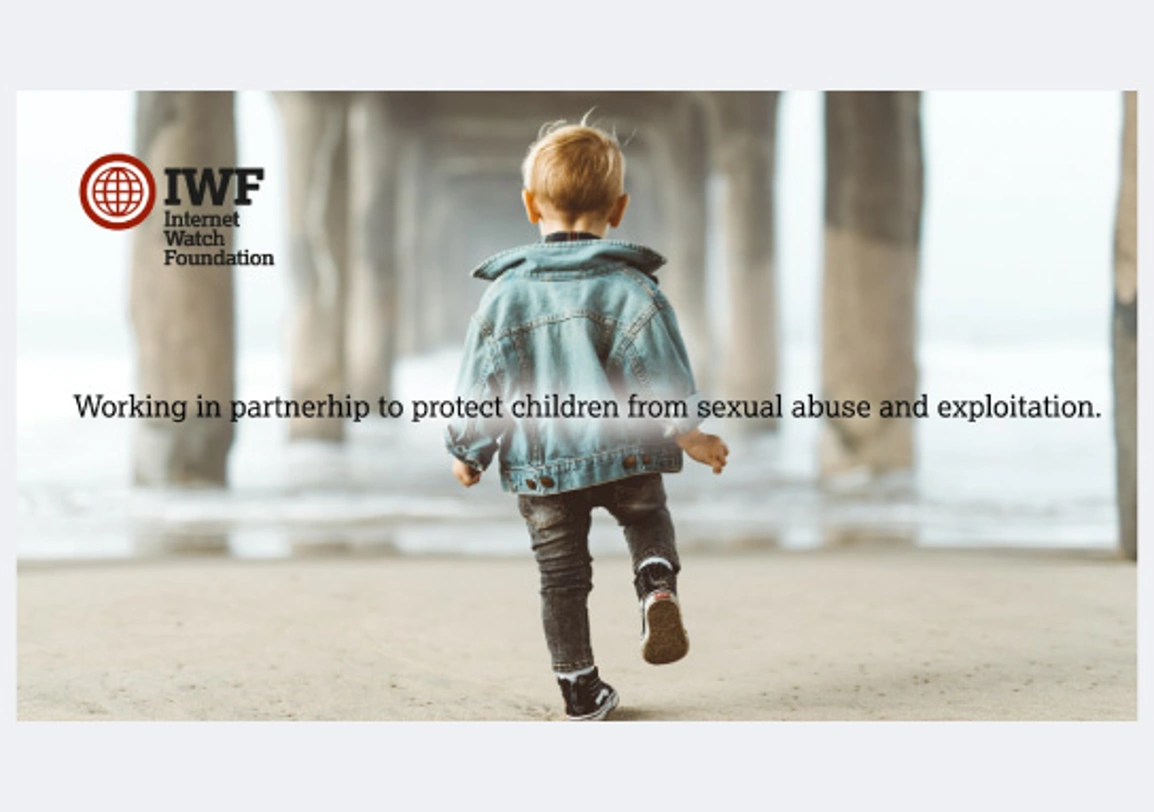
AI becoming ‘child sexual abuse machine’ adding to ‘dangerous’ record levels of online abuse, IWF warns
‘Frightening’ 260-fold rise in AI child sexual abuse videos contribute to making 2025 worst year for online abuse in IWF’s 30-year history.

Published: Thu 12 Mar 2020
There are calls for “decisive action” to tackle online child sexual abuse as a new report says the IWF “sits at the heart of the national response to combating the proliferation of indecent images of children”.
The Independent Inquiry into Child Sexual Abuse (IICSA) today (12 March) published its report into the growing problem of “online-facilitated child sexual abuse”.
The report said the IWF’s work to remove “significant amounts” of child sexual abuse material from the internet is a “genuine success story”, but warned that internet companies and the government need to do more to make sure children are kept safe.
The report recommends that the government should require industry to pre‑screen material before it is uploaded to the internet. It also says more international efforts should be made to take action in countries where indecent material is being hosted.
The report also recommends that the government should introduce legislation requiring providers of online services and social media platforms to “implement more stringent age verification techniques” on all relevant devices.
It also calls on the government to publish “without further delay” the interim code of practice proposed by the Online Harms White Paper.
The IWF, the UK-based charity responsible for finding and removing online child sexual abuse material, is a core participant in the inquiry.
"The IWF sits at the heart of the national response to combating the proliferation of indecent images of children.
"It is an organisation that deserves to be publically acknowledged as being a vital part of how, and why, comparatively little child sexual abuse material is hosted in the UK."
Responding to the report, Susie Hargreaves, Chief Executive of the IWF, welcomed the report and said there is “no room for excuses” where online child sexual abuse material is concerned.
She said everyone must now do all they can to halt the spread of child sexual abuse material online and child grooming on online platforms.
Ms Hargreaves said: “This report has not only identified the scale of the abuse and the challenges being faced, but also highlighted that the time has come for action.
“There is no longer any reason not to be decisive on taking action against the predators who exploit and abuse children online. This report makes it abundantly clear there is no room for excuses.
“We agree whole heartedly with this report, and look forward to playing our part in the future.
“The internet industry and the government need to step up and tackle this head on.”
The report highlights how the IWF is in a unique position to work closely with government, law enforcement, and internet companies to secure real change and keep children safe.
"The work of the IWF in removing significant amounts of child sexual abuse material is a genuine success story."
According to the report: “In the UK, the IWF sits at the heart of the national response to combating the proliferation of indecent images of children.
“It is an organisation that deserves to be publically acknowledged as being a vital part of how, and why, comparatively little child sexual abuse material is hosted in the UK.”
The report adds: “As a result of the IWF’s work, the UK hosts a tiny proportion of child sexual abuse material (0.04 percent). The work of the IWF in removing significant amounts of child sexual abuse material is a genuine success story.
“The response of some other countries seemingly lags behind. It is beyond the remit of this Inquiry to make recommendations to other countries but it is clear that more needs to be done internationally to try and reduce the amount of child sexual abuse content that is available online and the government should do all it can through the WeProtect Global Alliance to help achieve this aim.”
The full report and its recommendations can be found here.

‘Frightening’ 260-fold rise in AI child sexual abuse videos contribute to making 2025 worst year for online abuse in IWF’s 30-year history.